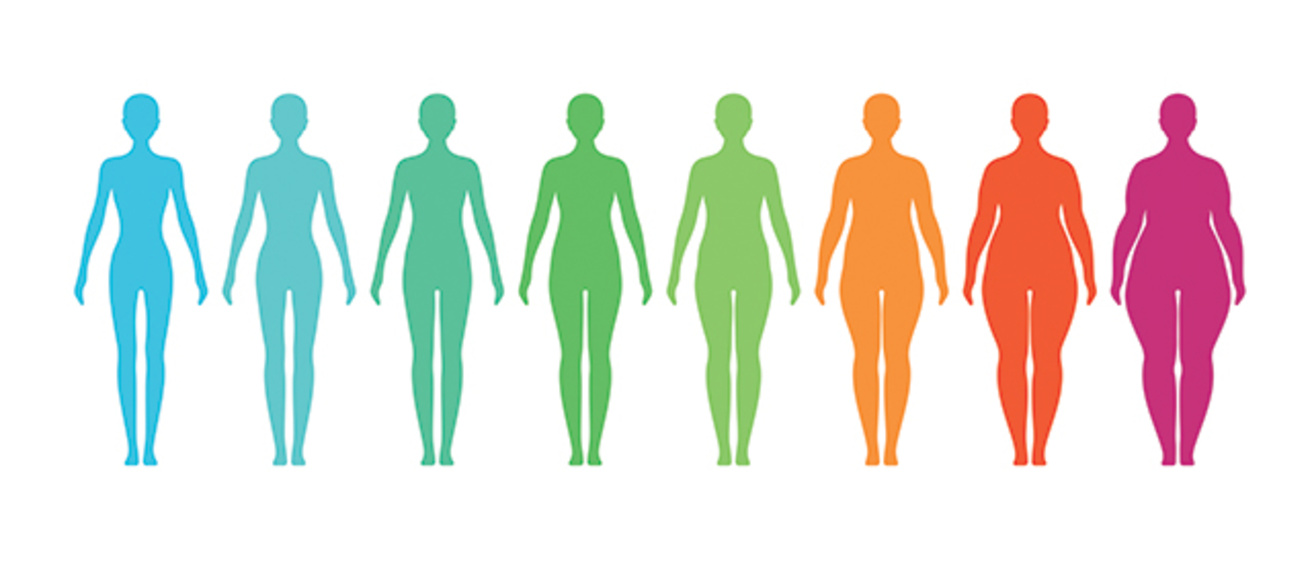by Tom Snee
A new study from the Tippie College of Business finds more evidence for the so-called beauty premium, when people who are more physically attractive tend to earn more money than less attractive people.
The study used body scan technology to determine body shape, finding an income premium for men who are taller, while women who are overweight pay an income penalty.
The researchers estimated that for men, every increase in height by one centimeter is associated with an approximately $998 increase in family income in a family that earns $70,000. For women, however, the researchers estimated that every one-unit decrease in Body Mass Index is associated with an approximately $934 increase in family income in a family that earns $70,000.
Suyong Song, associate professor of economics and finance in the Tippie College of Business and study co-author, says the results confirm previous study findings of what economists call the beauty premium. The phenomenon finds that people who are considered attractive receive an array of workplace and social benefits that range from better jobs to higher salaries to better customer service.
The researchers used information gathered between 1998 and 2001 from 2,383 individuals in North America as part of the Civilian American and European Surface Anthropometry Resource (CAESAR). Research subjects included their family income as part of the study, and they also participated in a three-dimensional body scan, which determined each participant’s body shape. Song says previous studies that link physical appearance to such factors as income or professional opportunities rely on self-reported weight and height, which is often inaccurate. The 3D body scan, however, accurately determines a person’s body shape.
Using machine learning, the researchers compared body shape to family income and found the link. Song says the study shows the need for public policies that reduce bias based on appearance in the labor market. He says that workplace training should promote awareness of discrimination based on appearance which people may not even be aware they have, and that hiring and promotion processes should use more tools like blind interviews to reduce potential bias.
He says the study used family income as its measure because the CAESAR researchers did not record individual income.
The study, “Body Shape Matters: Evidence from machine learning on body shape-income relationship,” was published in the journal PLOS One. It was co-authored by Stephen Baek, associate professor at the University of Virginia.
CONTACT: Tom Snee, 319-384-0010 (o); 319-541-8434 (c); tom-snee@uiowa.edu
